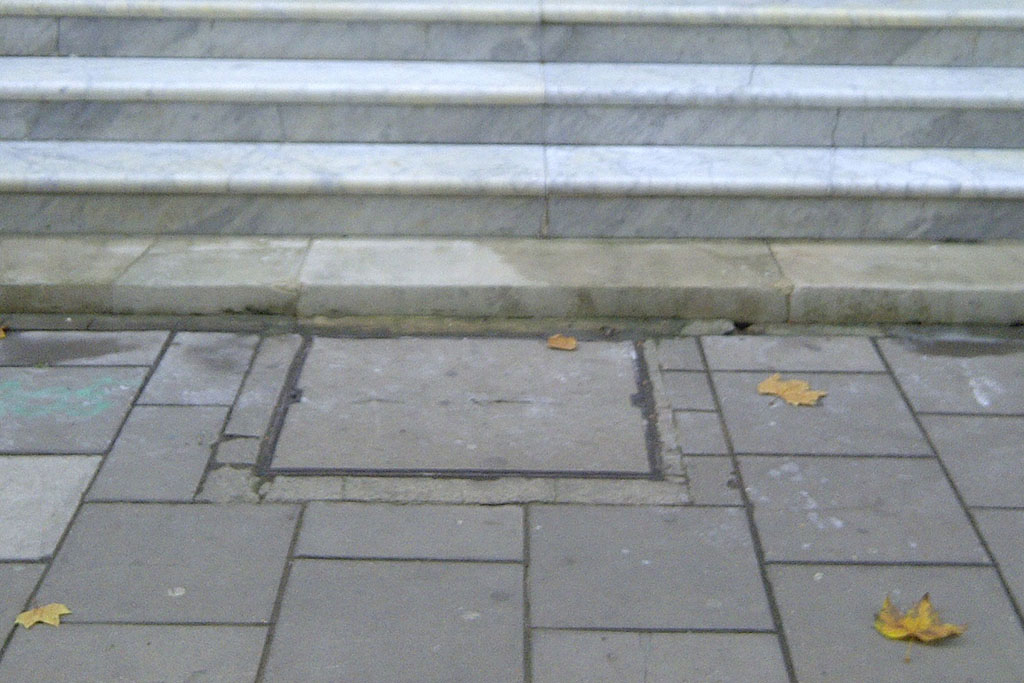Routine Care and Cleaning of Stone Surfaces
When you purchase stone or composite surfaces for your home or place of business, whether that’s for kitchen worktops, flooring or staircases, you are making a good investment. Stone is a highly resilient material that will stand the test of time and often, like wood, looks better with age. It also tends to need very little in the way of ongoing maintenance. But the important qualifier to that is that stone will last even longer and look even better for longer if you clean it regularly and in the right way. Here, we offer a few tips, whether you have quartz worktops or need to know about granite surface cleaning.

Flooring and Staircases
For stone floors, keep loose debris such as dust and grit to a minimum by sweeping or vacuuming the surface regularly. Constant footfall can grind dirt into the surface and joints between tiles, for instance, and cause a scuffed, scratched or dull appearance. Once you have done this, mop the floor to remove any dirt that sweeping or vacuuming has failed to remove. This also removes germs and bacteria, ensuring the surface is more hygienic.
Make sure that any cleaning solution you use is appropriate for the material your floor is made from. Supermarket cleaning products tend to be harsh and acidic, and this can not only eat away at any sealant that’s been applied to protect the surface, but also stain the stone irreparably.
Ask your supplier for advice on the best cleaning product for composite surface cleaning, but generally, the safest option is a pH neutral, biodegradable solution.
Constant foot traffic across stone floors will naturally erode away the surface and may expose cracks or capillaries in the stone. Here, dirt and grime can accumulate and can be hard to remove manually. It’s well worth employing a specialist company for stone cleaning and polishing from time to time. Experts have the equipment and the experience to restore the surface to mint condition.
Kitchen Worktop Polishing and Cleaning
For quartz, granite or marble cleaning of worktops, wipe the surface down with a soft cloth or sponge and warm water. Never use abrasive cleaning detergents as these can damage the stone or composite. Again, ask your supplier or a stone polishing and cleaning company about the best products to use on your kitchen surfaces.
Dry off any excess water or soap residues thoroughly, as you would with a glass surface. This is a key step in maintaining the shiny look of the surface.
Because stone is porous, you should avoid using or spilling acidic substances like citrus juices and vinegar, or oils, wine and paint directly on the surface. As with laminate worktops, these kinds of spills can cause stains. Mop up any accidents as soon as possible. Although natural and composite stone worktops will usually have been sealed before installation, this sealant can be damaged by harsh substances and break down over time.
If you’re not satisfied with the look of your stone flooring or worktops after your own cleaning attempts, or they are scuffed, marked or stained, our team at Marble Shine Ltd may be able to help. We clean, polish and restore stone and composite surfaces, including offering limestone polishing and slate polishing services, in South West, Surrey, Sussex, Kent and South London areas like Horley, Crawley and Haywards Heath.
 Review Us!
Review Us!
